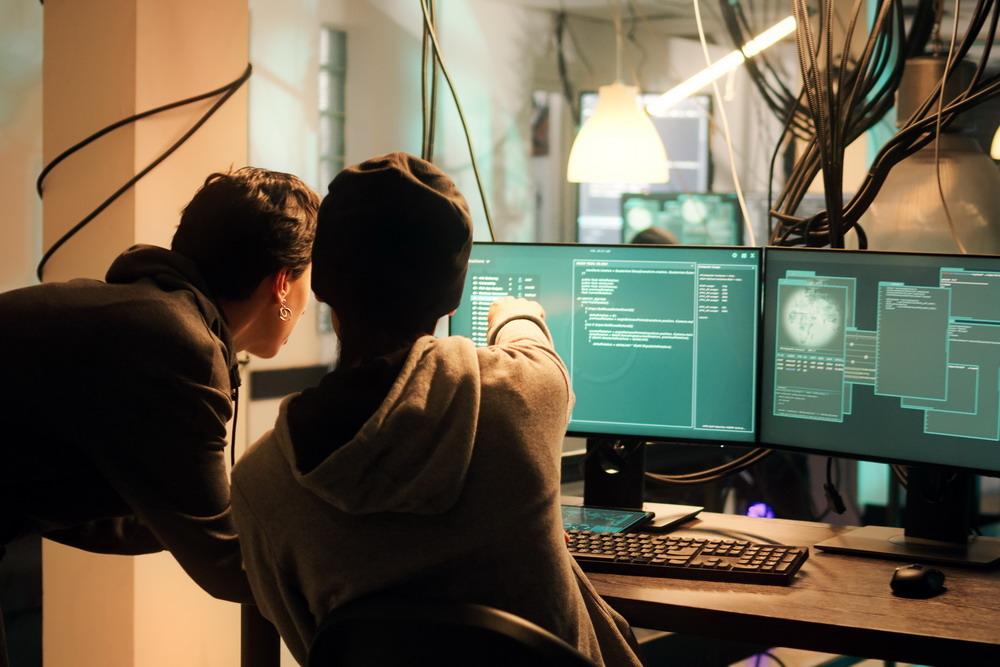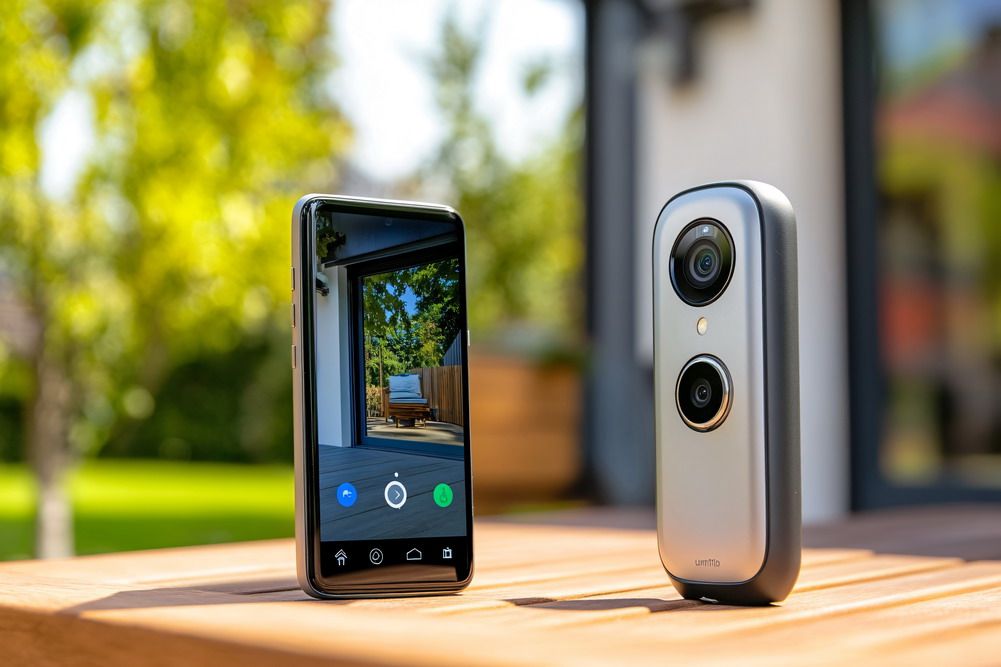Modern technology gives us a lot of options and opportunities, but at the same time, it can be very vulnerable. During the recent years, there were a lot of cases of online leaks and cyber scandals, which lead many people to question is the technology that useful, or it’s only a legal way to collect our data and use it to predict our Internet patterns and create special tailored ads and suggestions, for more sales.
Every day, tons of digital data is shared between Internet users all around the world, including photos, videos, important documents, messages, emails, and so on. A lot of tech giants came with the idea to offer the users cloud sharing, and it is a very popular option nowadays. But, as we know, when technology became smart, many people lost their way and started oversharing everything on the Internet. That resulted in unpleasant leaks and discovering and publishing confidential documents, stealing private photos from celebrities, or people who are target to the cybercriminals, making the Internet an unsafe place for us.
The truth is that many companies are trying to protect their customers, by listing all the features and privacy requirements nice and clear, so the user can accept (or deny) them. You can’t be 100% sure that you are secure online, but at least you can do everything in your power to stay safe while you share your files with someone else.

1. Be aware of the risks
In the past, people were frightened by the existence of viruses, Trojans, malware, spyware, and every other harmful code and file that existed in the popups, toolbars, and low-quality apps, causing security breaches. Then, some of the antiviruses were also damaging for your computer, causing Firewall breaches, so the attacker could access your data, without you being aware of that. Luckily, the Windows developers fixed most of that problems, but there are still some of those malicious things that can end in our e-mail inbox in a form of attachment or cloud link you need to access, to let the hackers into the system. So, if you want to protect yourself and your computer from that, don’t click any suspicious link from a sender you don’t know, or don’t even open those messages. Mark them as spam, and don’t let the attackers access your data.
2. Use legal and trustworthy sharing apps
Most of the commercial tech giants offer cloud sharing, like Google Drive or Dropbox, but sometimes you need an even better and more trustworthy platform, you will be able to use once, without having to pay monthly or yearly plans. One of the best examples of service as we described is FileWhopper, and it allows you to pay for the service as you use it. Most of the basic cloud sharing apps require monthly or yearly payments, but in the reality, you may need to transfer files once in a few months. Many people have a problem to find an app for that, and we really hope we helped you with our suggestion.
 3. Don’t share public links
3. Don’t share public links
If you want to share your files with someone, you may need to give them access, instead of setting the folder to the public. This is a very obvious option for those who understand these things, but some people are setting the shared files public, or it’s the default option, causing huge problems, by making it accessible to anyone.
4. Use only trusted computers
You probably believe in your best friend and you can never imagine them using your private data. But, when you use their computers or mobile devices to check your social media or email, you must be very careful about how you do that. Don’t install anything suspicious to your or someone else’s computer. Don’t save your login data on their devices. Use incognito windows and check just some basic things, and don’t give access to your phonebook, photo albums, or email.

5. Don’t share private things with people you don’t know
Online dating is a very popular thing today, and young people should be very careful about what they share with those they meet there. Sometimes, the other person is interested in dating too, but we can’t ignore the fact that some people are targeting the exact person so they can use them for personal needs, including getting their trust, and then using it to access some important data or shared files.
6. Use a few types of authentication
Just a PIN or password is not enough to protect your private sharing. As you can see, many popular platforms and apps require at least two-factor authentication, so you can be sure your files are locked and protected, and only those who have the login data can access them. The more layers of protection you have over your files, the smaller are the chances someone will try to attack and harm you.

7. Avoid public Wi-Fi
Sometimes when we are in a hurry or we have an urgent situation, we are clicking “Accept” without reading what we literally serve to the owners of the public Wi-Fi network at the mall, park, or some store or coffee shop. It’s not a problem if you do that for simply checking your social media or reading some email. But, if you need to share something very important and sensitive, we recommend you to avoid doing that, because shared networks can cause a data breach, and of course, that’s not secure at all.
As we said, you can’t provide 100% security while you are on the Internet, but you can use these recommendations and tips to stay safe while you browse the web pages and send or share important files. We hope you find this article helpful, and that now you are aware that there is nothing like complete security online. We should protect ourselves by using the available tools, without letting anyone access the important files we own. Just follow our tips and we are sure you will be able to protect yourself and stay safe.





